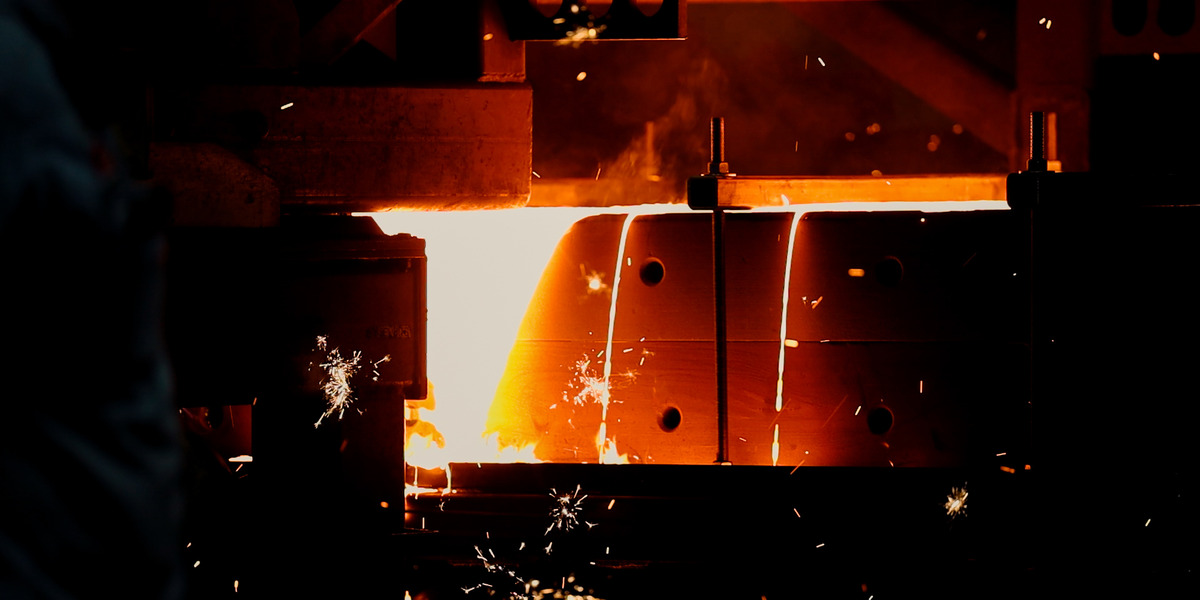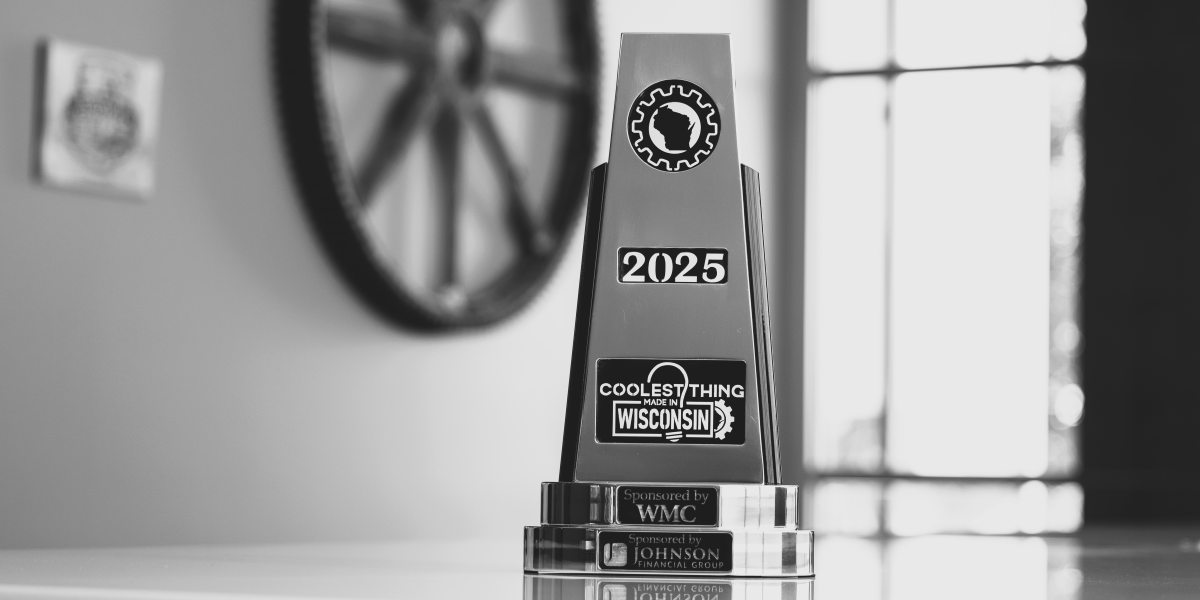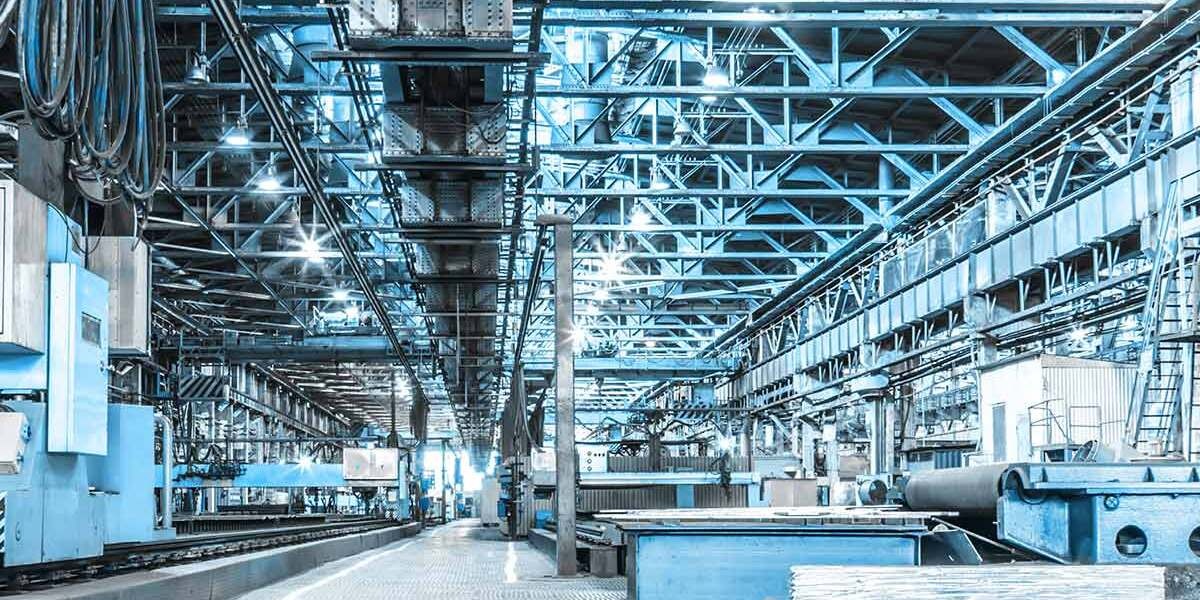Wisconsin let slip a rare opportunity to create thousands of jobs when the Senate fell one vote short of passing comprehensive iron mining reform last session.
Fortunately, the political dynamics in the Legislature have changed since November and lawmakers again have the chance to pave the way for unprecedented investment and job creation in our state. They cannot miss this opportunity a second time.
People often ask why the mining bill failed last session and what will be different in the upcoming session that may lead to a more favorable outcome.
In many respects, efforts to enact a reasonable iron mining bill last session were doomed from the beginning. Extremist environmental groups and their allies in the Senate and Assembly never wanted a bill that would have led to the creation of mining jobs and investment because they oppose all mining as a matter of ideology.
Even before it was formally introduced, environmental groups engaged in a dishonest campaign to defeat the iron mining bill. They resorted to distortions, innuendo and misleading television ads intended to scare the public, including lawmakers who would ultimately vote on the bill.
Among their wild accusations, environmental groups said the mining bill would allow toxic waste to be dumped into wetlands and that the bill allowed the poisoning of drinking wells. Both of these claims were proven false.
Despite the best efforts of many Republican lawmakers in the Senate and Assembly to promote an honest debate, the politics of fear and demagoguery won the day by a single vote in the Senate.
The failure of the mining bill and the lost opportunity of a $1.5 billion investment in our state’s economy was a bitter disappointment in an otherwise remarkably pro-business session of the Legislature.
Although the vote was a frustrating setback, the issue was too important to accept defeat.
With the help of our members and business coalition partners, WMC was able to mount considerable resources to hit the airwaves with a public education campaign on the mining issue this past fall.
In the end, the November elections proved mining is a winning issue in Wisconsin. Candidates in the Senate and Assembly who ran on a pro-mining reform platform won election to the Legislature, including incoming Senators Tom Tiffany (R-Hazelhurst) and Rick Gudex (R-Fond du Lac).
The successful effort to elect pro-mining legislators may prove decisive in the upcoming session when the Legislature revisits the mining issue. Lawmakers who support iron mining reform should know the public is overwhelmingly behind them.
In a recent statewide poll conducted by the Tarrance Group for WMC, voters supported iron mining reform legislation by a margin of 3-to-1. The mainstream of Wisconsin voters understand the enormous job creation potential of iron mining, and see through the baseless environmental scare tactics.
The election of pro-mining lawmakers, along with the broad support for mining legislation in the court of public opinion, are factors that will certainly work in favor of passing a mining bill when the Legislature reconvenes in January.
Perhaps equally important, Governor Scott Walker has made passage of iron mining reform legislation one of his top priorities. At WMC’s annual State of Wisconsin Business luncheon late last year, Governor Walker reaffirmed his support for the legislation, and called upon lawmakers to pass the bill early in the legislative session.
Governor Walker’s leadership on the mining issue is critical, as he has become one of the most influential governors in the country. Having the Republican-controlled Legislature and Governor Walker aligned on the need for iron mining reform dramatically enhances the bill’s likelihood of passage.
Despite these positive developments, we expect the anti-mining special interests at the Capitol to spend considerable time and resources in an attempt to derail the mining bill a second time. WMC welcomes that debate.
The reality is that nonpartisan attorneys working for the Legislature confirmed the bill does not rollback water quality standards for rivers, lakes or streams. Nor does the bill change the groundwater standards designed to protect drinking water.
Indeed, state environmental regulators have said the bill gives them the tools needed to ensure the environment is protected both on and off the mining site – it’s a win for jobs and the environment.
No other bill presents the Legislature with a greater opportunity to create family-supporting jobs and put Wisconsinites to work. Now more than ever, Wisconsin families are counting on decisive action on mining reform.
By Scott Manley, WMC Vice President of Government Relations
Follow Scott on Twitter @ManleyWMC

ICYMI: WMC Celebrates Manufacturing Month
MADISON – Wisconsin Manufacturers & Commerce (WMC), the combined state chamber and manufacturers’ association, has been highlighting and celebrating Wisconsin’s manufacturing industry throughout October. This




